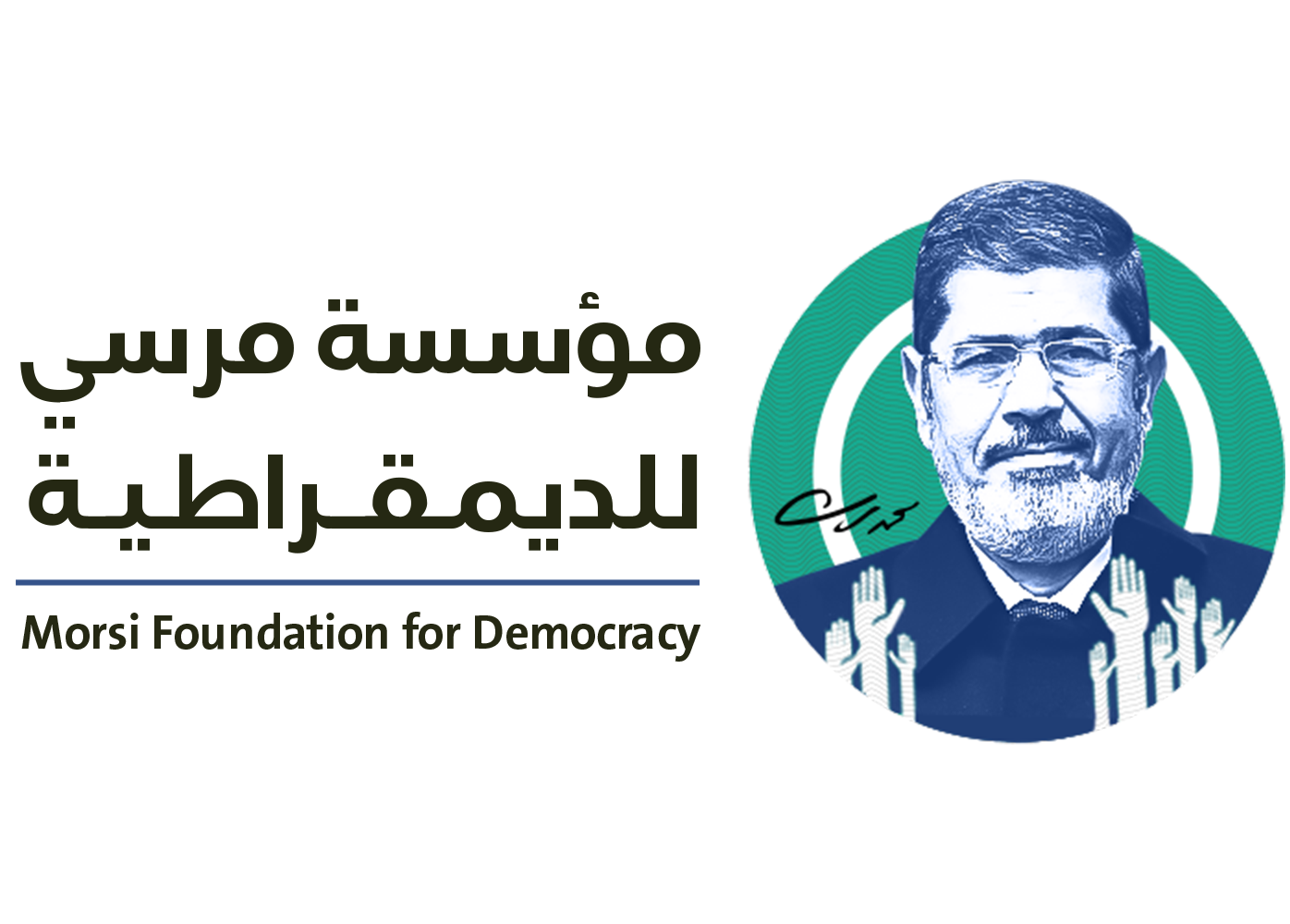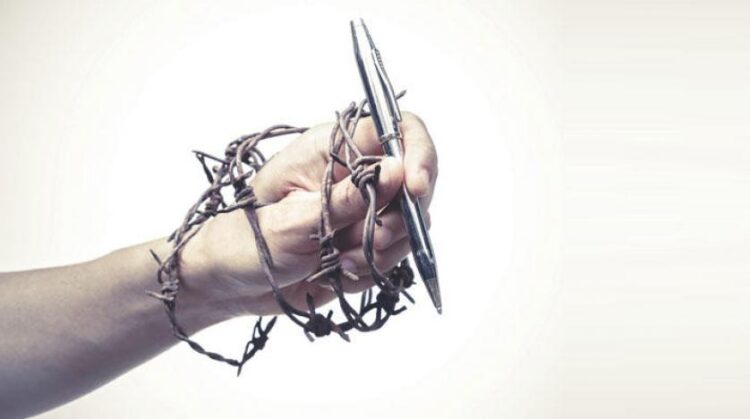In conjunction with World Press Freedom Day this year, more than 40 journalists are languishing in Egyptian prisons, and most independent news websites continue to be blocked. It is noteworthy that only 24 hours separate this occasion from the resumption of the meetings of the National Dialogue Council between representatives of the Egyptian authority and the various political and civil forces in the country. Among the guarantees demanded by the political, national and opposition forces was the termination of the prisoners of conscience file, but none of the guarantees were implemented. It should be noted that the former head of the Journalists Syndicate and head of the State Information Service, Diaa Rashwan, was chosen as general coordinator in the Board of Trustees of the National Dialogue, after Abdel Fattah El-Sisi called, last April, for a political dialogue. Today, the Egyptian citizen will not be able to access more than 120 independent news websites, since the Egyptian authorities adopted the policy of blocking it about 6 years ago, except for the Darb website, which the authorities lifted the decision to block it days before the start of the national dialogue with the political and civil forces, because the head of the Journalists Syndicate and its editor-in-chief, Khaled Al-Balshi, participating in the dialogue. The Egyptian authorities blocked the website of Al-Araby Al-Jadeed newspaper in December 2015, and it is still blocked there. It also tried to block some social networking sites, according to a report issued on May 1 by the Association for Freedom of Thought and Expression. The report was titled “Violations Overshadow the Promises of Reform,” and pointed out that governments face difficulty in blocking or preventing various social media applications, because these applications are linked to global economic and business networks, and therefore the cost of completely blocking them becomes very high, economically and politically, for governments, but In recent years, the Egyptian authorities have taken a set of measures, including laws, legislation, and practices, that the government has taken against broad categories of users of communication applications. And limiting the circulation of information outside the framework of the official narrative of the state, so that the state with its various agencies becomes the main and only source of all events taking place in the country. Over the past years, the Egyptian authorities have issued legislation that restricts and controls the use of the Internet, represented by the Information Technology Crimes Law No. 175 of 2018, which imposes imprisonment and financial fines for relative moral crimes, including “assaulting the values of the Egyptian family and outraging public decency.” . The Press and Media Regulation Law No. 180 of 2018 also gave the judicial and security authorities and the Supreme Media Council the authority to block websites and accounts with more than 5,000 followers, for security considerations affecting national security, or in cases of spreading false news, or disrespecting divine religions and beliefs. The Association for Freedom of Thought and Expression monitored 101 cases of digital rights violations in 2022, an increase of more than 44 percent from 2021, which means more restrictions on the right of individuals to express and use cyberspace, and an escalating and continuous intensification of the procedures and practices of the authority that aim to besiege Content industry and information exchange in cyberspace, according to the Foundation’s report. The report indicated that “security violations and blocking of websites are the most common violations related to digital rights in 2022,” as 76 arrest cases were recorded, or 76 percent of the total cases monitored this year. Almost all Egyptian media outlets operate under orders in Egypt, where they are subject to direct control either from the government, the intelligence services, or some influential businessmen who invest in the media to serve the interests of the circles of power. On the other hand, media outlets that refuse to submit to the policy of censorship are banned, as was the case for the independent news website Mada Masr, which remains blocked since 2017. The security prosecutions of journalists did not stop at arresting and imprisoning them for years in pretrial detention pending publication cases only, but also reached the point of issuing strict judicial sentences against some of them. On June 28, 2022, the Cairo Criminal Court, First Circuit, issued a ruling on terrorism against journalist Alia Nasreddin Hassan Awad. 15 years in prison, in connection with her accusation in Case No. 4459 of 2014 Helwan Felonies, registered under No. 321 of 2014 in the south of Cairo, known in the media as the “Helwan Brigades.” She was accused of joining a terrorist group and promoting its purposes, broadcasting and publishing the video clip of the “Helwan Brigades.” “. The Emergency Supreme State Security Criminal Court also ruled that Ahmed Taha Al-Qadi, the broadcaster on Al-Jazeera Mubasher Misr channel, be imprisoned in absentia, to 15 years in prison, on charges of publishing and broadcasting false news and statements that harm national interests, in Case No. 1059 of 2021 State Security Offenses Emergency Gathering The fifth, registered under No. 707 of 2021, the New Cairo College, and the accused is the head of the Strong Egypt Party, Abdel Moneim Abul Fotouh, and his deputy, Muhammad al-Qassas. Egypt remains in the black space, as the state of the media is moving from bad to worse in the World Press Freedom Ranking issued by Reporters Without Borders, as it fell from 166th place in the 2020 and 2021 editions, respectively, to 168th place in 2022, a decline of two additional degrees.
World Press Freedom Day: Blocked websites and Egyptian journalists in prisons
© 2020 جميع الحقوق محفوظة لمؤسسة مرسي الدمقراطية.



